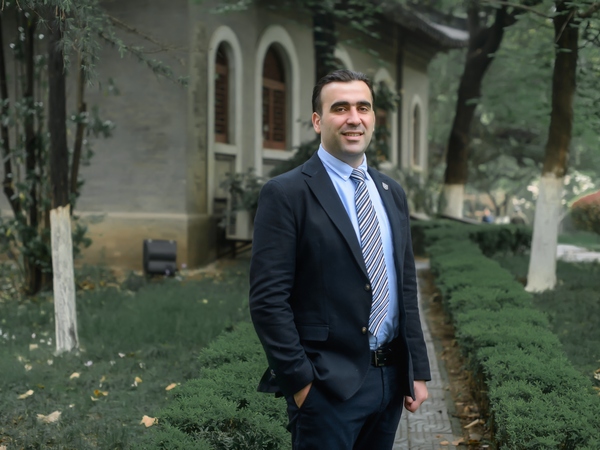 12.01.2018
12.01.2018RETHINKING RUSSIA’S RETURN TO GLOBAL POLICY
This Paper was presented during “Clashing Visions: Russian Foreign Policy in the Age of Xi and Trump” conference on May 26, at St. Antony’s College, University of Oxford.
Mher Sahakyan
Research Fellow, National Defense Research University, MoD, Armenia. Doctor of Laws in International Relations (China).
Introduction
In the first decade of 21st century Russia managed to get out of the economic crisis, restore its military strength, and took the course to become a sovereign political pole. To understand the entire scope of Russia’s reaction to difficult foreign challenges and to analyze its probable steps, it is important to investigate its foreign policy strategy.
On November 30, 2016, the Kremlin adopted the “Foreign Policy Concept of the Russian Federation” (hereinafter referred to as Concept), which was signed by President Vladimir Putin. In the future, Russian diplomacy will continue its operations within the framework of this document as one of its main legal pillars.
This Concept argues that Russian foreign policy aims to ensure security, independence and territorial integrity of the state. It must contribute to the development of the democratic and juridical institutions of the country, and also be used for the further growth of the Russian economy.
It is worth mentioning that due to the Concept, one of the main aims of Russian foreign policy is making Russia one of the most influential centers in the modern world. This clause of the Concept describes that in the future, Russia will be more actively involved in international politics. It will try to create new spheres of influence and find new allies and supporters, with whom it will be able to defend its national interests and reap benefits from different international developments.
 RETHINKING RUSSIA’S RETURN TO GLOBAL POLICY (Full version, 187 KB)
RETHINKING RUSSIA’S RETURN TO GLOBAL POLICY (Full version, 187 KB)
Return
